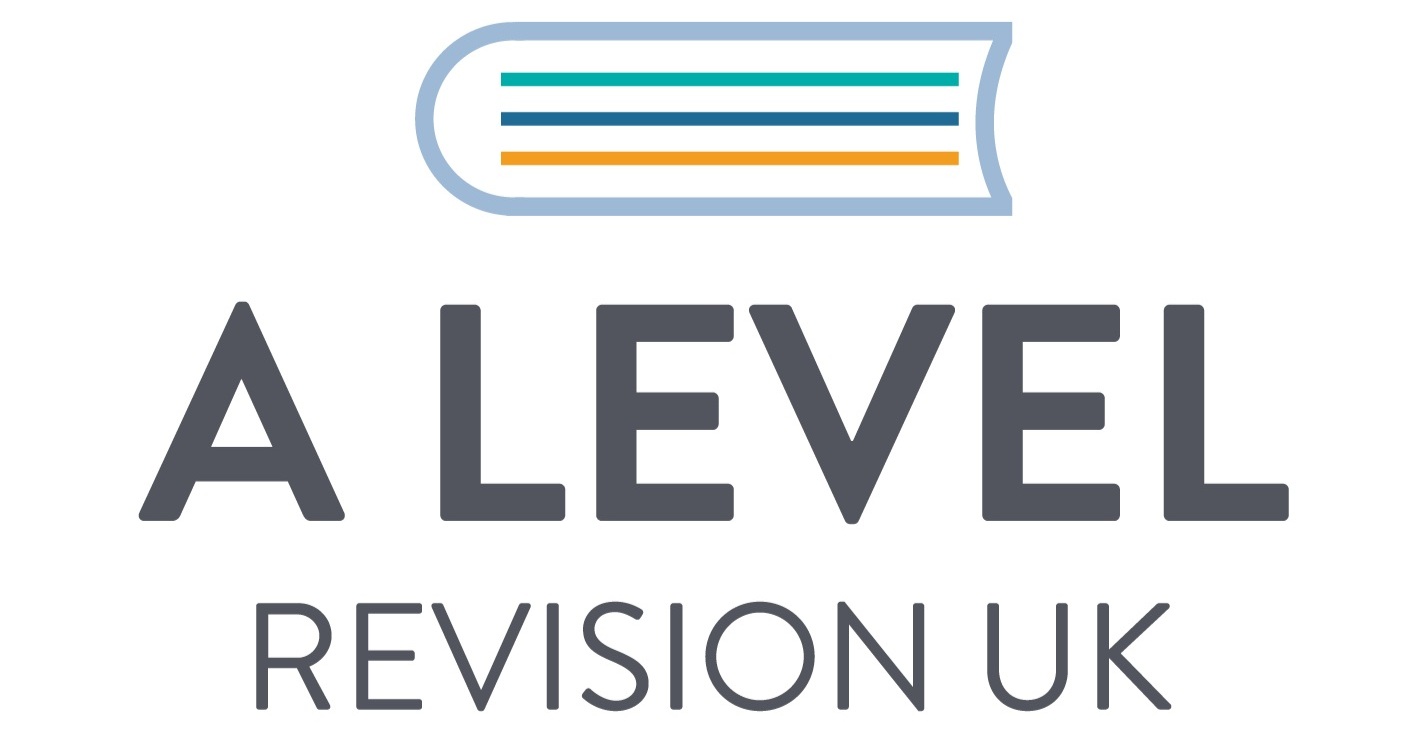
Safeguarding Policy
Everyone who comes into contact with children and their families has a role to play in safeguarding.
Although A Level Revision UK only has contact with students for short periods of time tutors play a particularly important role as they are in a position to identify concerns early and provide help for children, to prevent concerns from escalating. If necessary A Level Revision UK will work with social care, the police, health services and other services to promote the welfare of children and protect them from harm.
Policy statement
Safeguarding is a primary responsibility when students are in our care and all staff are responsible for doing their utmost to keep students safe. A Level Revision UK is fully committed to meeting its obligations under the legislative framework and maintaining a culture of vigilance at all times. Definitions A ‘child or young person’ means any person under the age of 18 (i.e. those who have not yet reached their 18th birthday). A ‘vulnerable adult’ means any person who is or may be in need of community care services by reason of mental or other disability, age or illness; and who is or may be unable to take care of him or herself, or unable to protect him or herself against significant harm or exploitation because of mental or other disability, age or illness. ‘Staff’ means all employees, full-time and fractional, working for the company.
Staffing and responsibilities The Safeguarding Team comprises one staff member in total:
1. The Designated Safeguarding Lead & Company Director A.Chadd.
There is an annual Safeguarding review of this policy carried out by A Chadd
Record keeping
An accurate record should be made whenever there is a concern about a child or vulnerable adult in terms of risk of harm or safeguarding. The record should include:
• Appropriate personal details of the child or vulnerable adult
• The nature of the concern
• The source(s) of information about the concern
• Any advice given
• Whether confidentiality has been discussed with the child or vulnerable adult
• Names of staff with whom discussed
• Details of action taken or any referral to an external agency
• Date and signature of the person making the record
Confidentiality
Confidentiality will be upheld unless the needs of the child and their safety are judged to be at risk. Further guidance on managing confidentiality can be found in the publication Information Sharing.
Aim and objectives
Overarching aim A Level Revision UK aims to create and maintain a safe environment for all students, staff, volunteers, and visitors. The company is committed to working with all other agencies. We recognise our responsibility towards our students and other children in our care.
Key objectives
• To promote an environment that is safe, where staff and students treat each other with mutual respect and develop good relationships built on trust
• To work co-operatively with external agencies such as local authority services and the Police, referring any young person when requested by the young person, or when it is deemed necessary.
• To ensure that all staff are briefed on the Safeguarding Policy and Procedures and, in particular, how to respond to a student who discloses abuse or it appears may be being abused
• To fully implement the Recruitment and Selection of Staff Procedures to ensure that all staff are subject to the relevant checks on appointment
Child protection Statutory responsibilities The Children Act 1989 places a duty on local authorities to take steps to protect children in appropriate circumstances and gives certain powers to the Police so they are able to protect children from abuse. In addition, the Criminal Justice and Court Services Act 2000 deals with disclosure and lists those convictions which bar offenders from working with children in ‘regulated positions’. Under the Children Act 2004.
We recognise that following the independent review of the vetting and barring scheme in 2011, the Protection of Freedoms Act 2012 has introduced further changes including a new Disclosure and Barring Service. Guidance The updated guidance from the DfE Keeping children safe in education maintains a statutory responsibility to keep children safe and to refer concerns to the appropriate authorities. Staff need to be vetted on recruitment. There must be a designated safeguarding lead.
The four categories of abuse are unchanged: physical abuse, emotional abuse, sexual abuse and neglect.
A list of specific safeguarding issues, including reference to Prevent, is included.
Categories of abuse Child abuse can involve any one or more of:
Physical Abuse - this is when the young person is hit, squeezed or bitten or any other injuries are inflicted
Emotional Abuse – this is when young people are not given love and affection, or they are rejected by or threatened by their parents or carers
Sexual Abuse - this is when the young person is forced to take part in sexual activities by an adult or other young person. This may include showing them pornographic material
Neglect - this is when the young person does not get the things that they require in order to live a normal, happy life, such as food and clothing. Young people who are being neglected may show signs of being unhappy or of being out of control Specific safeguarding issues
The published guidance from the DfE Keeping children safe in education places emphasis on ‘specific safeguarding issues’:
• bullying including cyberbullying • children missing education • child missing from home or care • child sexual exploitation (CSE) • domestic violence • drugs • fabricated or induced illness • faith abuse • female genital mutilation (FGM) – and Annex A • forced marriage- and Annex A • gangs and youth violence • gender-based violence/violence against women and girls (VAWG) • hate • mental health • missing children and adults strategy • private fostering • preventing radicalisation – and Annex A • relationship abuse • sexting • trafficking
Student disclosure
If a student makes a disclosure, then these steps must be followed:
Never promise confidentiality
Listen and reassure
Do not probe or make accusations
Make notes and record the disclosure
Refer the disclosure to the designated safeguarding lead immediately.
Allegations against staff - Sexual or emotional. Any form of sexual relationship between staff and students is expressly forbidden.
Allegations against staff – Physical In terms of physical abuse, all staff are informed that they must use physical intervention only as a last resort, when a student is endangering him/herself or other students, and at all times minimal force must be used.
Maintaining professional boundaries - A relationship of trust exists where a teacher, member of staff or volunteer is in a position of power or influence over a student by virtue of the work or nature of the activity being undertaken. Those in a position of trust must carry the responsibility of ensuring that they do not abuse their position or put themselves in a position where allegations of abuse of trust, whether justified or unfounded, could be made.
Reporting suspected abuse
Any member of staff who witnesses or suspects abusive behaviour towards a child should record the details and report it to the Safeguarding Officer. We have a responsibility to pass on any information to the local authority or police any suspicions of child abuse or any concerns about a child or vulnerable adult.
Any allegations of abuse made against anyone working for A Level Revision UK will be thoroughly investigated and dealt with through our disciplinary procedure for employees. Serious breaches may lead to dismissal (for employees) or termination of any agreement (for self-employed tutors, workers or volunteers).
Safeguarding training
As part of our commitment to safeguarding all tutors working with A Level Revision UK are expected to demonstrate up to date safeguarding training. When working with schools and other education providers tutors must be able to evidence that they have undertaken suitable safeguarding training within the last 3 years.
Updated October 2021
